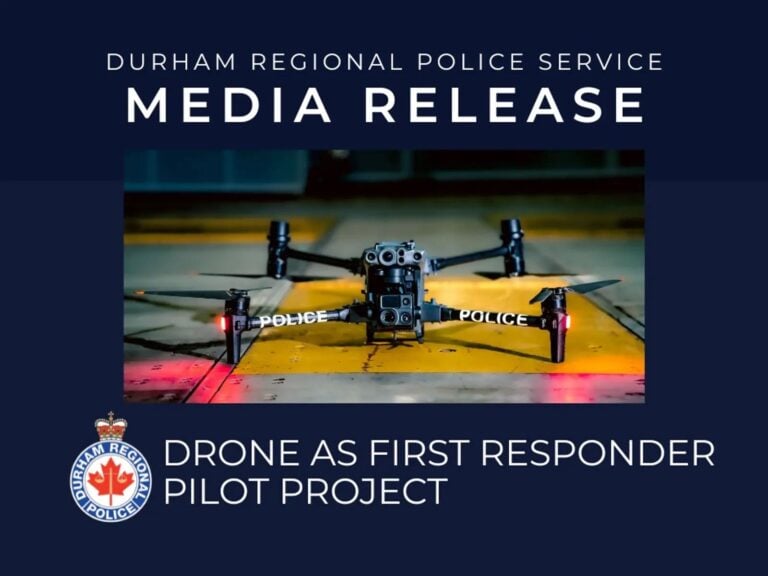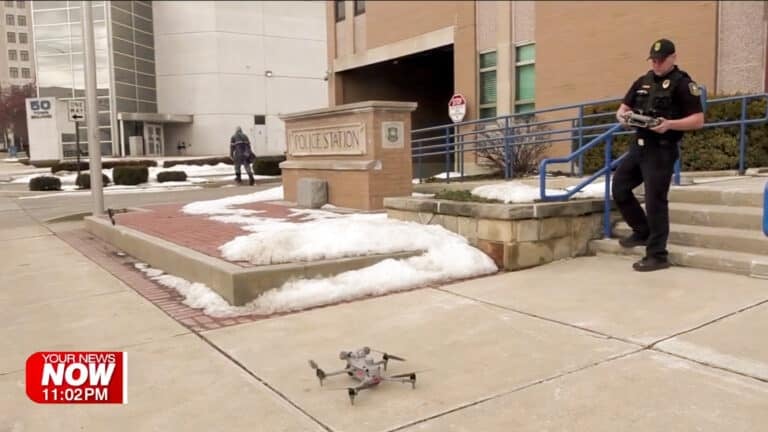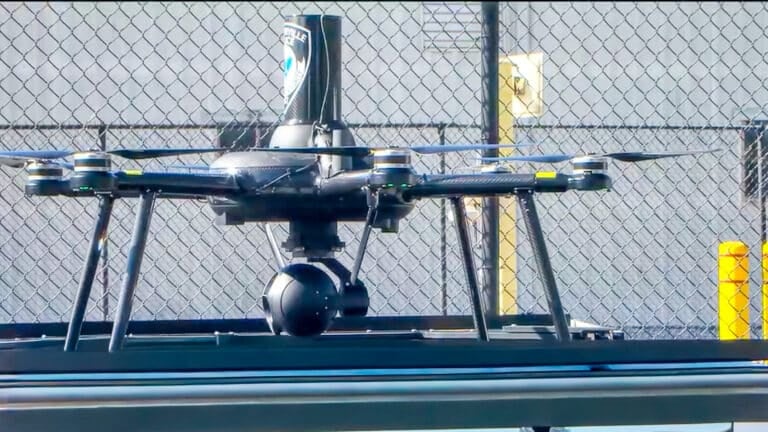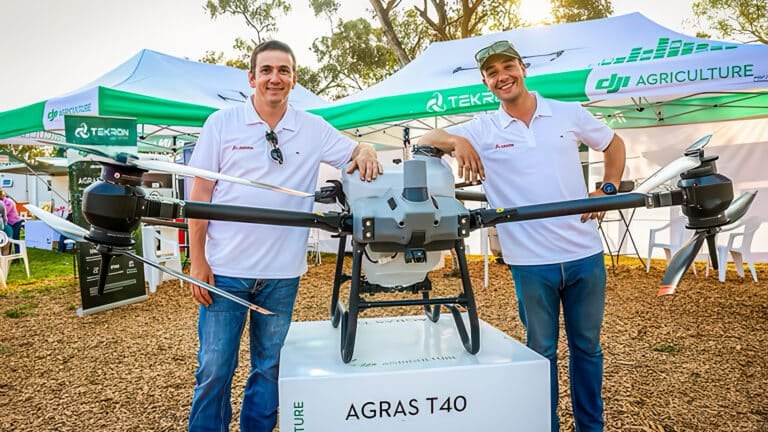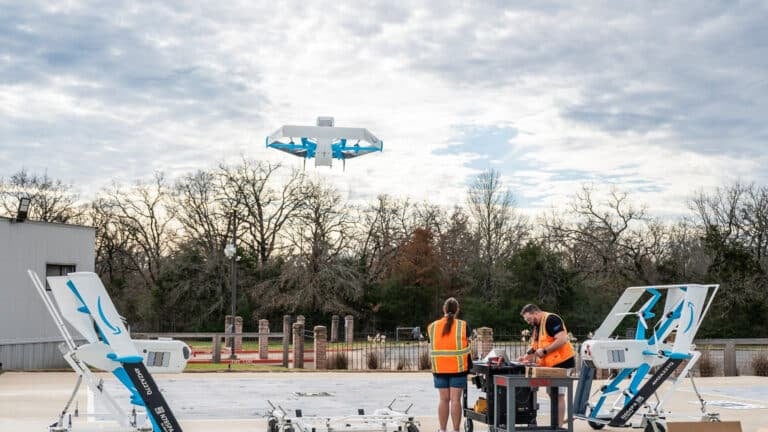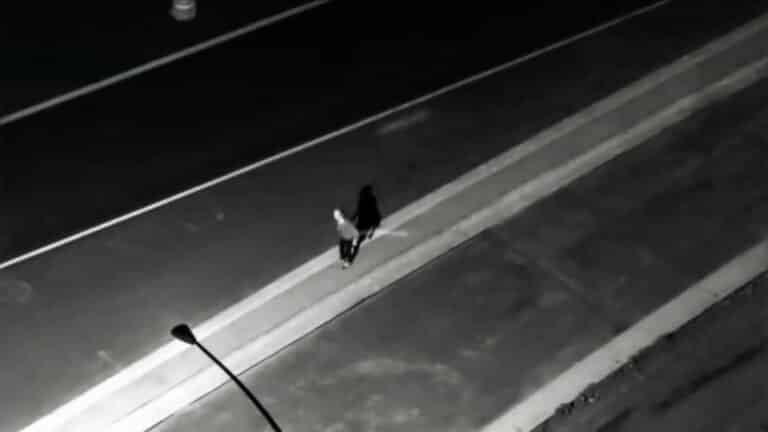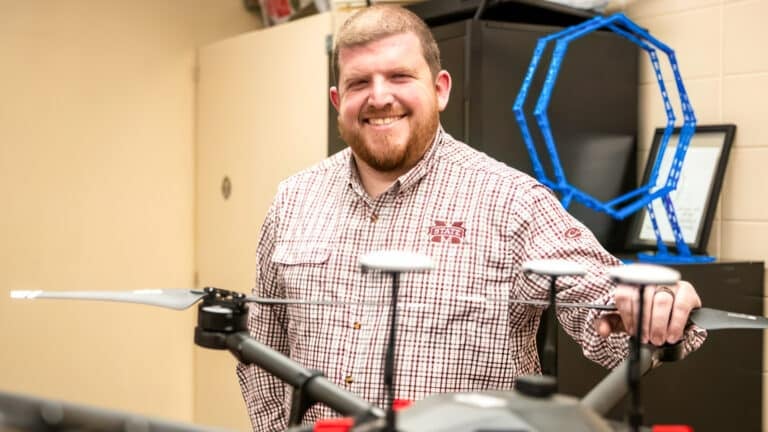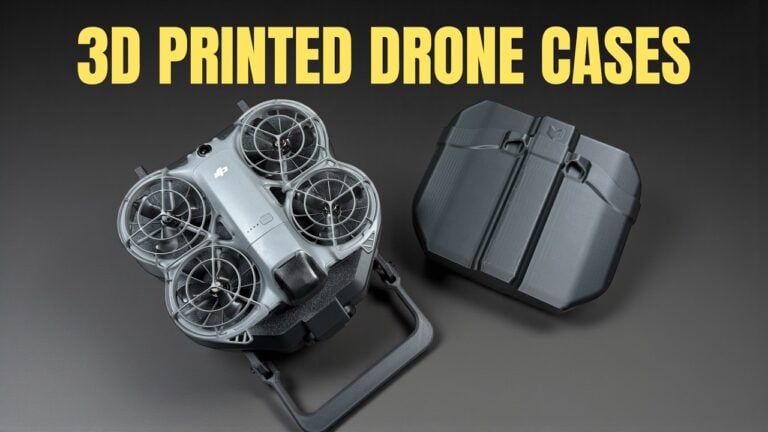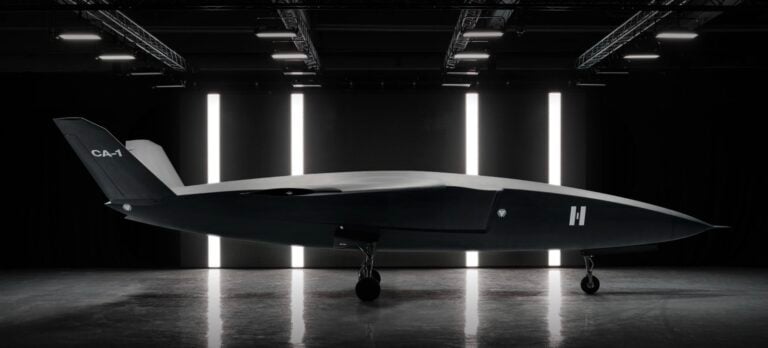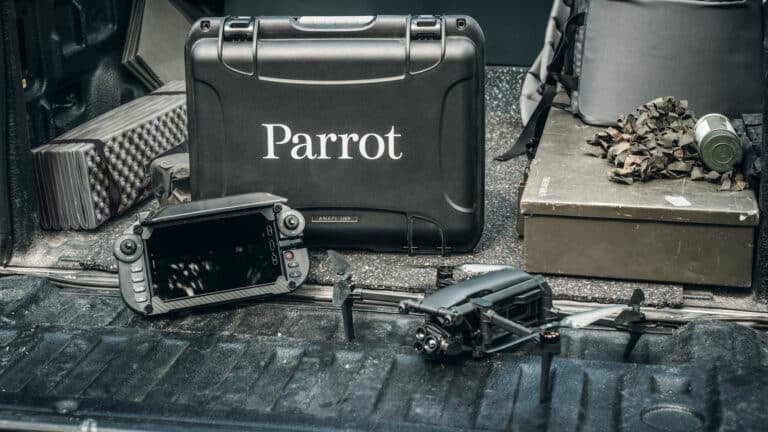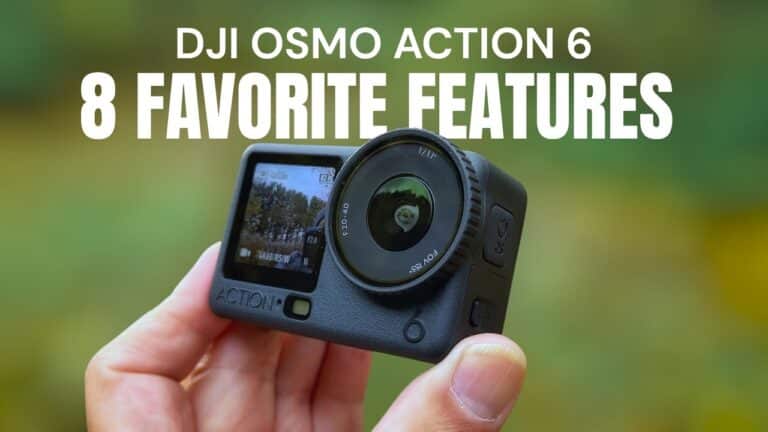Tijuana Police Deploy 14-Drone Squadron to Combat Cartels in Under 2 Minutes
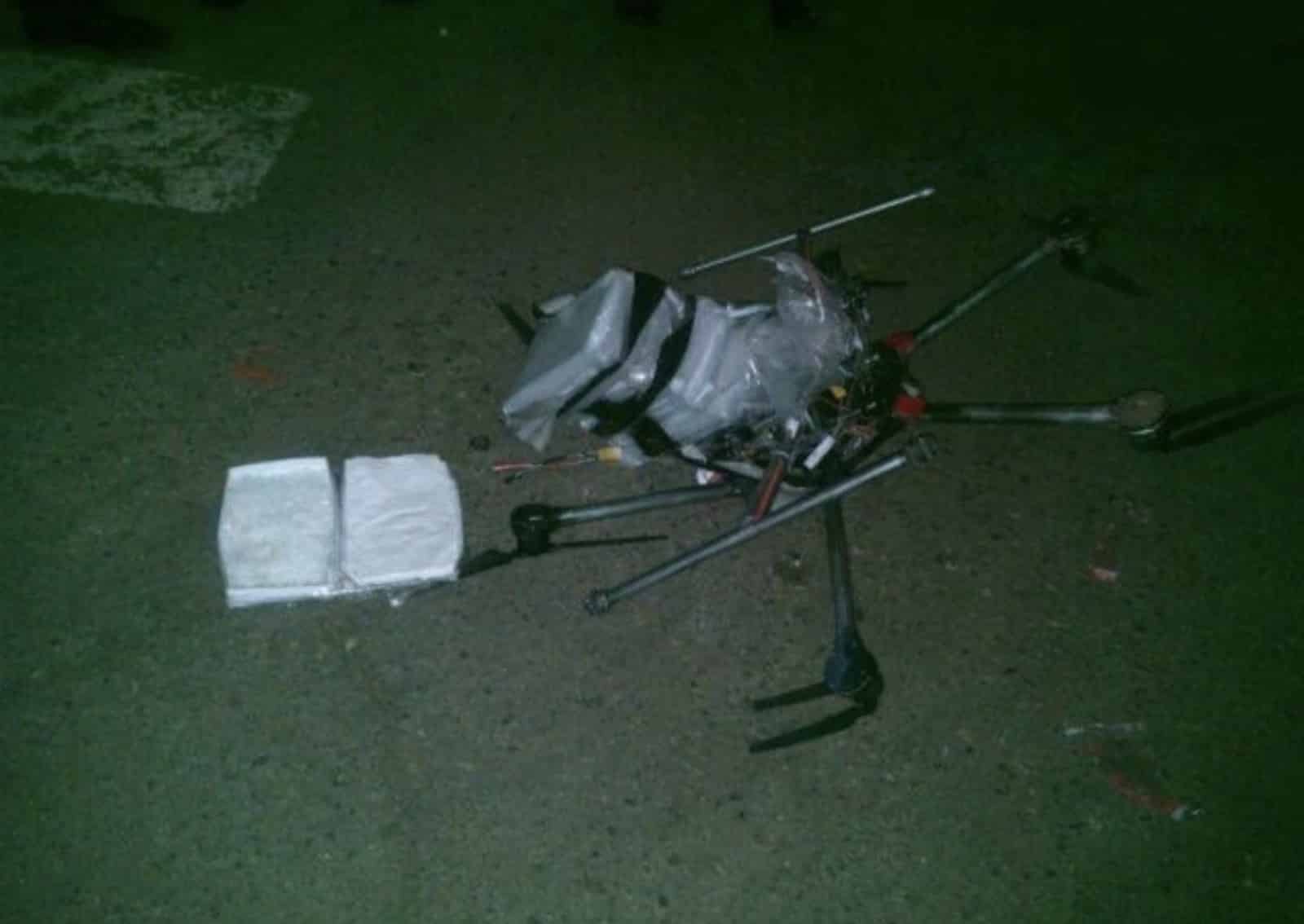
Check out the Best Deals on Amazon for DJI Drones today!
Police in Tijuana, Mexico, have deployed a specialized drone unit equipped with artificial intelligence and thermal imaging to combat drug cartels battling for control of smuggling routes along the U.S.-Mexico border. The unit operates 14 high-tech drones that can reach crime scenes in under two minutes, providing real-time aerial surveillance that commanders say is saving officers’ lives.
This development comes as both law enforcement and cartels escalate their use of drone technology in the ongoing border security crisis. The Tijuana program demonstrates how commercial drone systems can serve as force multipliers for police departments confronting well-funded criminal organizations in one of the world’s most dangerous cities.
Rapid-Response Drone Operations in Mexico’s Deadliest City
Commander Fernando Silvia leads the specialized unit, which deploys drones equipped with thermal imaging, night vision, and real-time video transmission capabilities. Officers in a command center monitor live feeds, allowing them to assess situations before ground units arrive. Tijuana, a border metropolis of more than 2 million people, records over 2,000 homicides annually as rival cartels fight for control of lucrative drug trafficking routes into the United States.
“When the criminal is lost sight of, the drone can keep maintaining sight,” Silvia told NewsNation. “We’ve had many successful cases where a criminal is hiding, or some suspect is running, throwing weapons or something, and the drone sees them.”
During a demonstration for NewsNation, officers tracked a suspect attempting to evade authorities through the drone’s live feed. The aerial unit relayed the suspect’s location to ground units, leading to an arrest. In the footage, the suspect appeared to ditch evidence before officers moved in.
Proactive Patrol Capabilities Beyond Emergency Response
The drones don’t just respond to active crime scenes. Police use them to patrol dangerous neighborhoods from the air, minimizing risks to officers while gathering intelligence on criminal networks. This capability has proven especially valuable in areas where ground patrols face constant threats from cartel operatives.
“Although the officers on the ground can’t see, with the help of the drone, we’ve been able to capture the evidence as well as the criminal,” Silvia said.
The technology allows officers in a command center to monitor situations before arriving on scene, which has proven especially crucial when responding to incidents involving armed cartel operatives.
Expansion Plans as Other Mexican Cities Watch Results
The technology represents a modernized effort for Tijuana law enforcement as they battle some of Mexico’s most powerful cartels. Police officials say the drone unit has led to a surge in arrests. Meanwhile, on the U.S. side of the border, American authorities are deploying AI-programmed drones to locate drug traffickers and migrants. Cartels have also adopted drone technology to identify smuggling routes.
Tijuana police plan to expand their drone fleet in the coming months. Officials say the program’s success could serve as a model for other Mexican cities confronting organized crime. This comes as President Donald Trump declared Thursday that drug cartels are “unlawful combatants” and says the United States is now in a “non-international armed conflict” after recent U.S. strikes on boats in the Caribbean.
DroneXL’s Take
This story represents a rare bright spot in what has become an increasingly dark narrative about drone technology along the Mexico border. Throughout 2025, we’ve documented the terrifying escalation of cartel drone capabilities – from FPV kamikaze drones to $100,000 counter-drone jamming systems that cartels purchased after sending operatives to Ukraine for training.
But Tijuana’s success shows that commercial drone technology can level the playing field for outgunned municipal police forces. With 14 drones and sub-2-minute response times, local cops are holding the line in a city that sees 2,000 homicides annually. That’s remarkable when you consider that cartels are conducting over 27,000 drone flights within 500 meters (1,640 feet) of the southern border in six-month periods, many involving weaponized systems.
The timing is significant too. Trump’s declaration that the U.S. is in “armed conflict” with cartels creates new legal frameworks that could accelerate both surveillance drone deployments and counter-drone investments on both sides of the border. If Tijuana’s model proves scalable, we could see dozens of Mexican cities adopt similar programs – creating a network of law enforcement drone operations that finally matches cartel technological capabilities.
The question now is whether this represents a turning point or just another chapter in an endless technological arms race. What do you think? Share your thoughts in the comments below.
Discover more from DroneXL.co
Subscribe to get the latest posts sent to your email.
Check out our Classic Line of T-Shirts, Polos, Hoodies and more in our new store today!

MAKE YOUR VOICE HEARD
Proposed legislation threatens your ability to use drones for fun, work, and safety. The Drone Advocacy Alliance is fighting to ensure your voice is heard in these critical policy discussions.Join us and tell your elected officials to protect your right to fly.
Get your Part 107 Certificate
Pass the Part 107 test and take to the skies with the Pilot Institute. We have helped thousands of people become airplane and commercial drone pilots. Our courses are designed by industry experts to help you pass FAA tests and achieve your dreams.

Copyright © DroneXL.co 2026. All rights reserved. The content, images, and intellectual property on this website are protected by copyright law. Reproduction or distribution of any material without prior written permission from DroneXL.co is strictly prohibited. For permissions and inquiries, please contact us first. DroneXL.co is a proud partner of the Drone Advocacy Alliance. Be sure to check out DroneXL's sister site, EVXL.co, for all the latest news on electric vehicles.
FTC: DroneXL.co is an Amazon Associate and uses affiliate links that can generate income from qualifying purchases. We do not sell, share, rent out, or spam your email.




